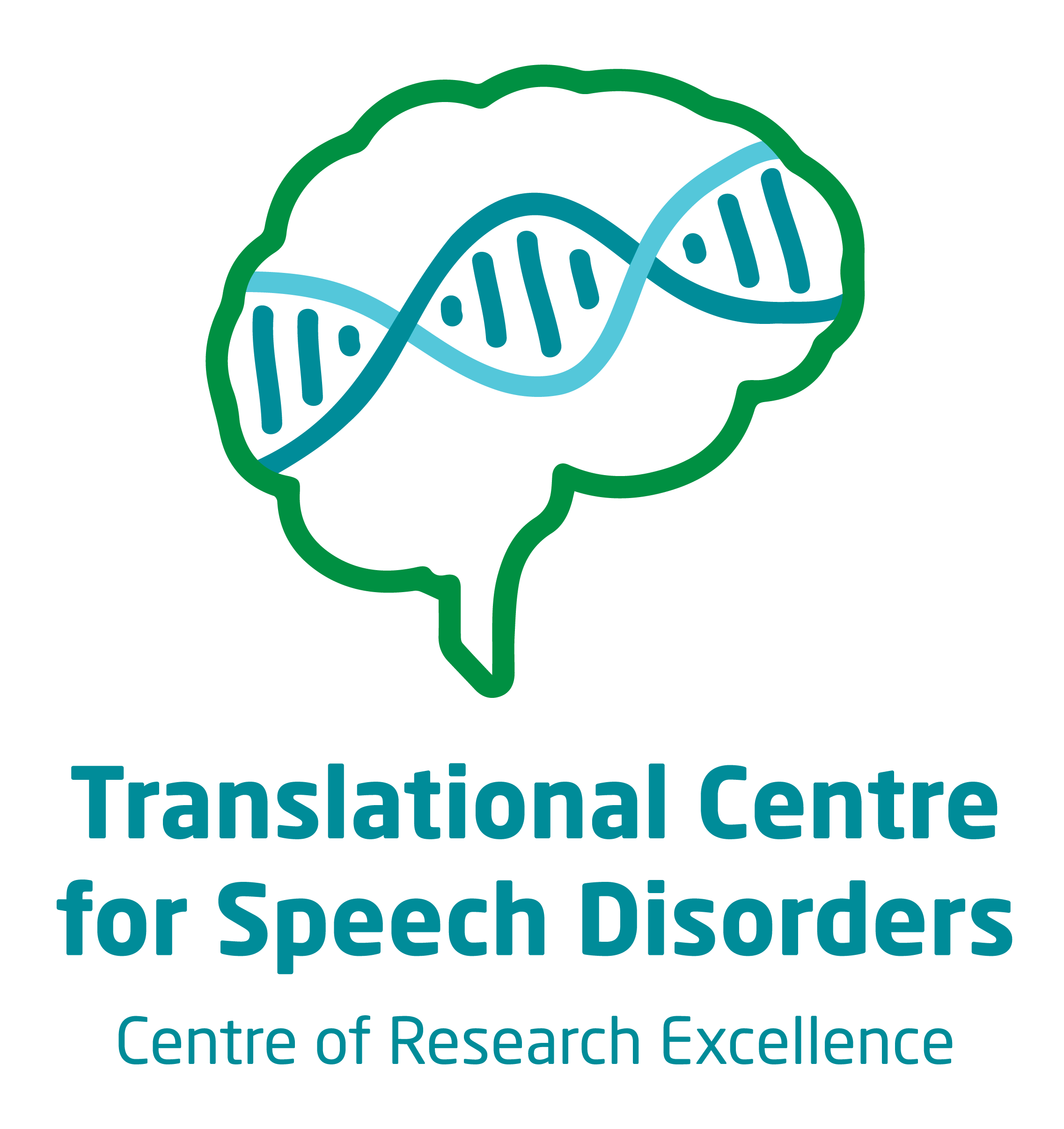What are the signs of Childhood Apraxia of Speech?
There are many different signs of CAS and not all children will have the same ones. The signs also change as a child gets older and as the severity of the condition changes.
Young children with CAS may:
- have difficulty feeding
- coo, babble or play with sounds less than other children
- use a limited range of sounds when they do begin to talk
- find it easier to understand others than talk themselves
- visibly struggle to talk; groping or searching for sounds
- be very hard to understand even to people close to them (i.e., family members)
Older children with CAS may:
- struggle with longer words or phrases
- drop or add sounds to words or replace sounds with unexpected sounds (e.g., say ‘copa’ for ‘helicopter’ OR ‘umbaneda’ for ‘umbrella’)
- say the same word in a number of different ways (e.g., say ‘caterpila’, ‘catiperla’, ‘cratapila’ for ‘caterpillar’)
- stress the wrong part of a word or sentence making their speech sound ‘robotic’ or ‘accented’.
Children with CAS are more likely to have language and literacy (reading, spelling) difficulties also. Sometimes children with CAS will also have difficulty with small muscle movements called fine motor skills (e.g., handwriting, cutting) or large muscle movements called gross motor skills (e.g., running). Some children also have a diagnosis of motor dyspraxia or developmental co-ordination disorder (DCD). Some children also have more generalised learning difficulties such as intellectual disability, or other neurodevelopmental conditions such as autism, attention deficit hyperactivity disorder (ADHD), and epilepsy.
Learn more about our pharmaceutical trial for Childhood Apraxia of Speech.







